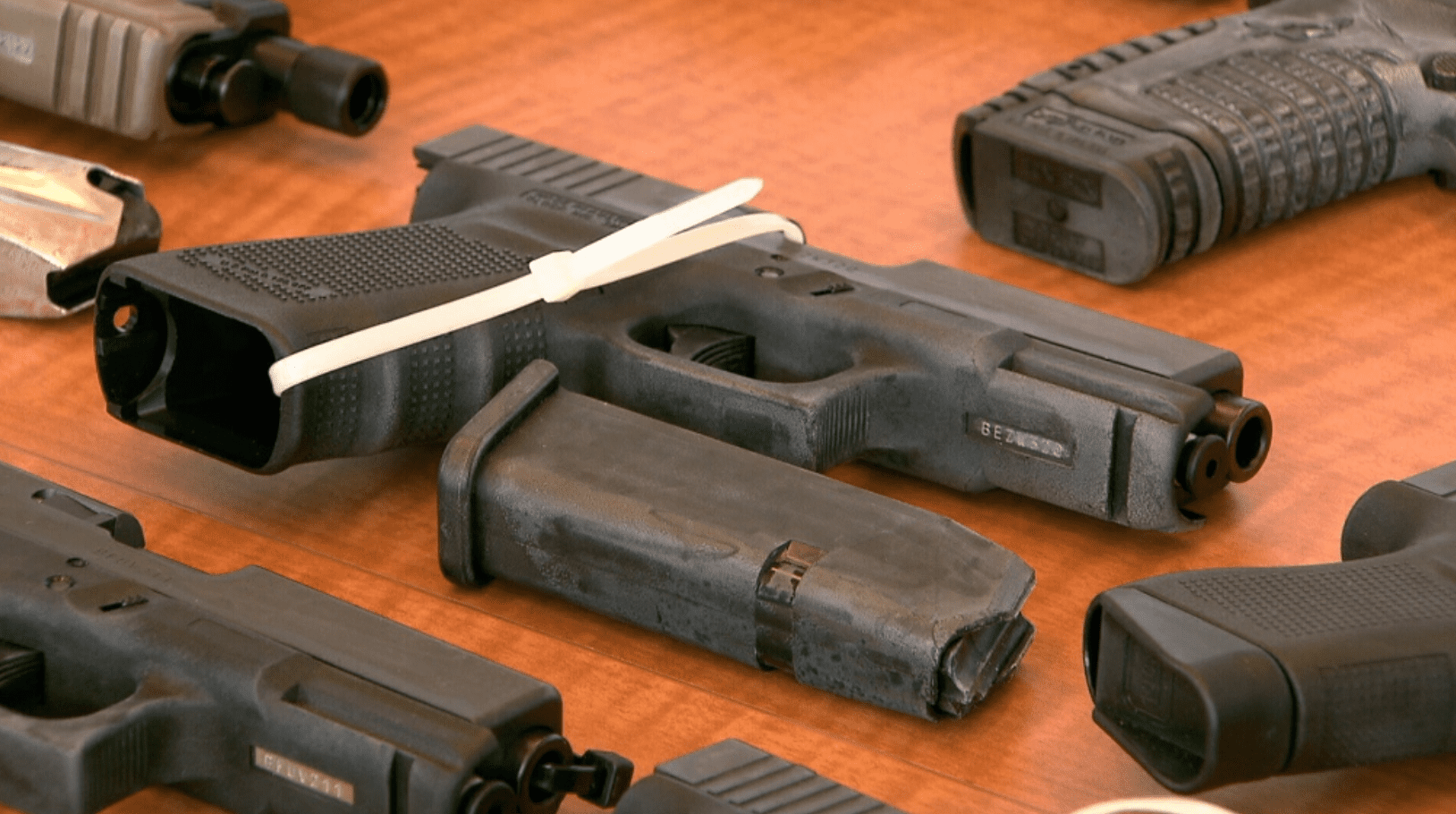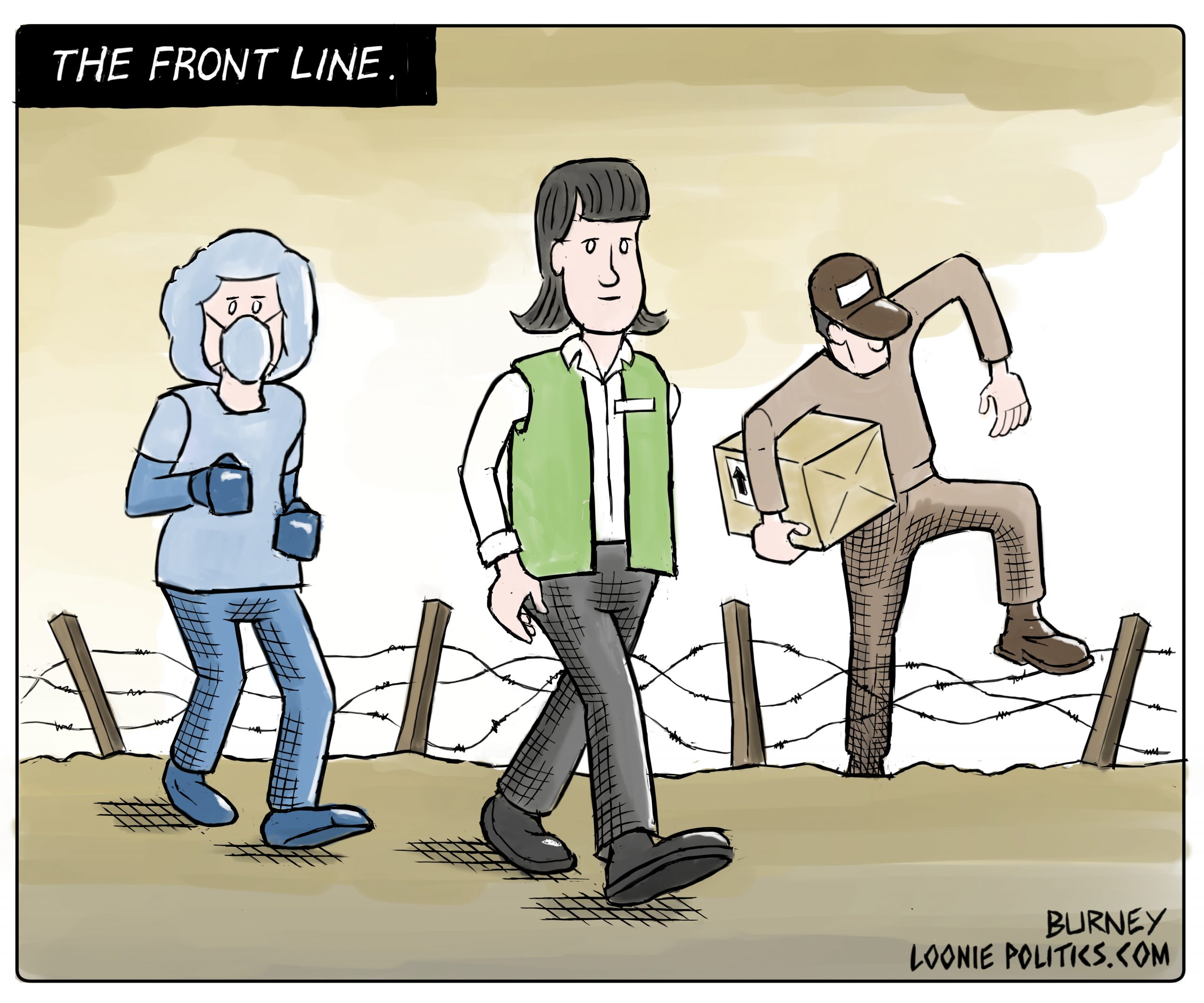For just a moment last week Jason Kenney got to return to the pre-COVID world of banging away at Ottawa and playing to the Wexit crowd in Alberta.
Prime Minister Justin Trudeau's gun control announcement offered Kenney a little relief from the stress of coping with the pandemic emergency.
Opposing gun control is a staple of the right in the west. And the UCP add an extra layer of meaning to that opposition by suggesting the province should be exercising more direct control over how firearms are regulated within its borders.
Kenney responded to the ban on 1,500 assault weapons by saying "Our government is actively considering appointing Alberta's own chief firearms officer (CFO) to replace the CFO appointed by Ottawa."
The implied message is that Alberta doesn't need Ottawa to tell it how to deal with the province's guns. The CFO deals with firearm licensing and administrative duties.
And the somewhat farther right elements of the province are seeing the provincial CFO declaration through a more explicit lens.
"Every province with any sense of liberty should appoint its own CFO, instruct the crown to not prosecute, and #DoNotComply," tweeted Derek Fildebrandt, former UCP MLA and now publisher of the right-leaning Western Standard.
Kenney has been consistent on the issue. Even back in 2017 he was calling for a provincial CFO. And when he unrolled some of the "Fair Deal" principles to increase Alberta's autonomy from Ottawa it was on the list, along with a provincial police force and provincial pension plan to replace CPP.
The wider gun control question is a core concern for the UCP. The Trudeau Liberals' promise to institute wider bans just ramped up the rhetoric as yet another polarizing issue during the last election.
In November 2019 the Alberta legislature passed a motion playing to the provincial gun lobby:
"Be it resolved that the Legislative Assembly recognize and support the ability of Albertans to lawfully and in a responsible manner own and possess firearms and to engage in permitted activities involving the use of firearms, including but not limited to hunting and sport shooting."
That motion came in handy for Justice Minister Doug Schweitzer last week. He quoted the motion in his joint statement with Kenney and declared, "The Government of Alberta will scrutinize today's move by Ottawa and explore potential responses through this lens."
For the UCP the gun issue is particularly useful as a sop to the rural Alberta base, a constituency that has suffered a load of UCP budget hits in recent months. A war with provincial doctors over pay has prompted a number of rural doctors to withdraw services in smaller and rural communities. The UCP also pared back on grant money to rural municipalities, leaving them with high policing bills and tighter pursestrings.
So the spectre of Ottawa taking away guns is a hugely attractive political development for the UCP to win back hearts and minds in the hinterland.
"The federal government keeps developing policies in downtown Toronto and it is out of touch with our rural communities, particularly here in Alberta," Schweitzer told a radio station in northwestern Alberta.
The Toronto-centric charge in part refers to Public Safety Minister Bill Blair, former police chief in Toronto and the architect of the federal gun crackdown.
The UCP is counting on its stance on this issue glueing the right wing and rural base in place while not alienating the urban vote. Kenney and his ministers keep stressing the need for tougher sentences for gun toting criminals and strict border controls to stop gun smuggling as the solution to gun crime rather than "criminalizing" law-abiding gun owners.
Even in Calgary, where gun violence has become an issue, Kenney won't bite on the question of municipalities instituting gun bans, saying in January that criminals don't respect gun bans.
Popular sentiment likely splits on the urban/rural axis, but a weekend Angus Reid poll showed 65 per cent of Albertans support the assault weapon ban, while 35 per cent oppose. That support is softer than the country as a whole, which runs to 78 per cent in favour, but it's still a political consideration.
But the UCP is counting on the gun control issue not being a deep seated passion for urban and middle of the road voters in Alberta. Judging from social media outrage and petitions over the last couple of days, it is a matter of considerable passion for a segment of the province's population likely to support the UCP.
Photo Credit: CTV News








